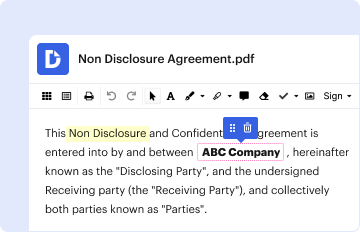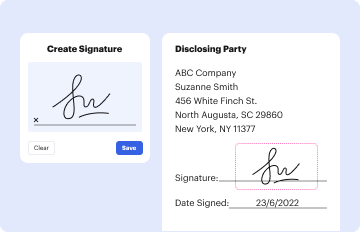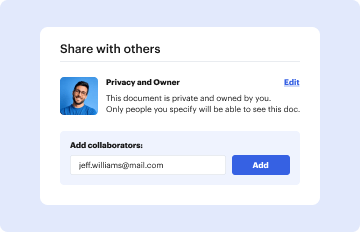Definition and Overview of TN ELDS Lesson Plans
TN ELDS lesson plans are structured educational guidelines designed to align with the Tennessee Early Learning Developmental Standards (TN ELDS). These standards provide a framework for educators to plan age-appropriate activities that support the foundational development of children from birth to age five. The plans emphasize sensory and messy play, encouraging children to explore and engage with their environment in a manner that supports cognitive, social, and emotional growth. Educators can use these plans to create enriching experiences that foster early literacy, mathematical thinking, and artistic expression.
How to Use TN ELDS Lesson Plans
Educators can implement TN ELDS lesson plans by tailoring activities to meet the developmental needs of their specific classroom. These plans typically include a range of activities, such as sensory play with materials like sand and water, music and movement exercises, and dramatic play scenarios involving everyday objects. Educators should consider the individual interests and abilities of the children when selecting activities, ensuring each child can participate fully. The TN ELDS lesson plans are dynamic and allow teachers to adapt the content to integrate various themes, such as farm life or nature exploration, providing a comprehensive learning experience.
How to Obtain TN ELDS Lesson Plans
TN ELDS lesson plans are available through various educational resources provided by the Tennessee Department of Education. Educators can access these plans via online portals or through direct contact with educational agencies that support early childhood learning. Schools and childcare centers in Tennessee often distribute these plans to teachers as part of their professional development resources. Educators should verify they are accessing the most recent version of the plans, as periodic updates may be made to reflect new educational standards or strategies.
Steps to Complete TN ELDS Lesson Plans
- Review the Standards: Begin by familiarizing yourself with the TN ELDS guidelines to understand the targeted developmental areas.
- Select Age-Appropriate Activities: Choose activities from the lesson plans that suit the age group and individual abilities of the children in your classroom.
- Prepare Materials: Gather all necessary materials, which may include items for sensory play, musical instruments, and props for dramatic activities.
- Plan the Schedule: Organize the activities into a daily or weekly schedule, ensuring a balance of active and quiet times.
- Implement and Observe: Facilitate the activities while observing children's engagement and progress, making adjustments as needed.
- Assess and Reflect: After completing the lesson plans, assess children’s development and consider areas for future focus.
Key Elements of TN ELDS Lesson Plans
- Sensory Exploration: Activities that involve engaging with textures, sounds, and colors to enhance sensory skills.
- Cognitive Development: Exercises that promote problem-solving, memory, and critical thinking through interactive tasks.
- Social and Emotional Learning: Opportunities for children to interact and collaborate with peers, fostering social skills and emotional awareness.
- Language and Literacy: Incorporation of reading, storytelling, and chants to build language comprehension and communication abilities.
- Creative Expression: Artistic activities, such as painting or constructing, to encourage creativity and individual expression.
Who Typically Uses TN ELDS Lesson Plans
TN ELDS lesson plans are primarily utilized by early childhood educators, including preschool teachers and childcare providers in Tennessee. These professionals use the plans to ensure their teaching strategies align with state educational standards, providing consistent and high-quality early learning experiences. Additionally, educational administrators and curriculum coordinators may use these plans to guide program development and evaluation. Caregivers and parents interested in incorporating educational activities at home may also reference these lesson plans for inspiration.
State-Specific Rules for TN ELDS Lesson Plans
In Tennessee, the implementation of TN ELDS lesson plans must align with state-mandated guidelines for early childhood education programs. These include adhering to child-to-teacher ratios, ensuring age-appropriate content, and maintaining records of children's developmental progress. Educators must also comply with health and safety regulations when conducting activities, particularly those involving sensory and messy play. Regular training and professional development sessions are required to keep educators updated on the latest standards and teaching methodologies.
Examples of Using TN ELDS Lesson Plans
Educators can apply TN ELDS lesson plans in various settings, from structured preschool classrooms to informal playgroups. For instance, a lesson plan focused on "Dirt and Mud" might include activities such as planting seeds in soil, creating mud-based art, and storytelling about farm life. Another example is a lesson plan themed around "Music and Movement," where children explore rhythm through dance and play with homemade musical instruments. Each of these examples demonstrates how lesson plans can be tailored to different themes while still achieving educational objectives.








